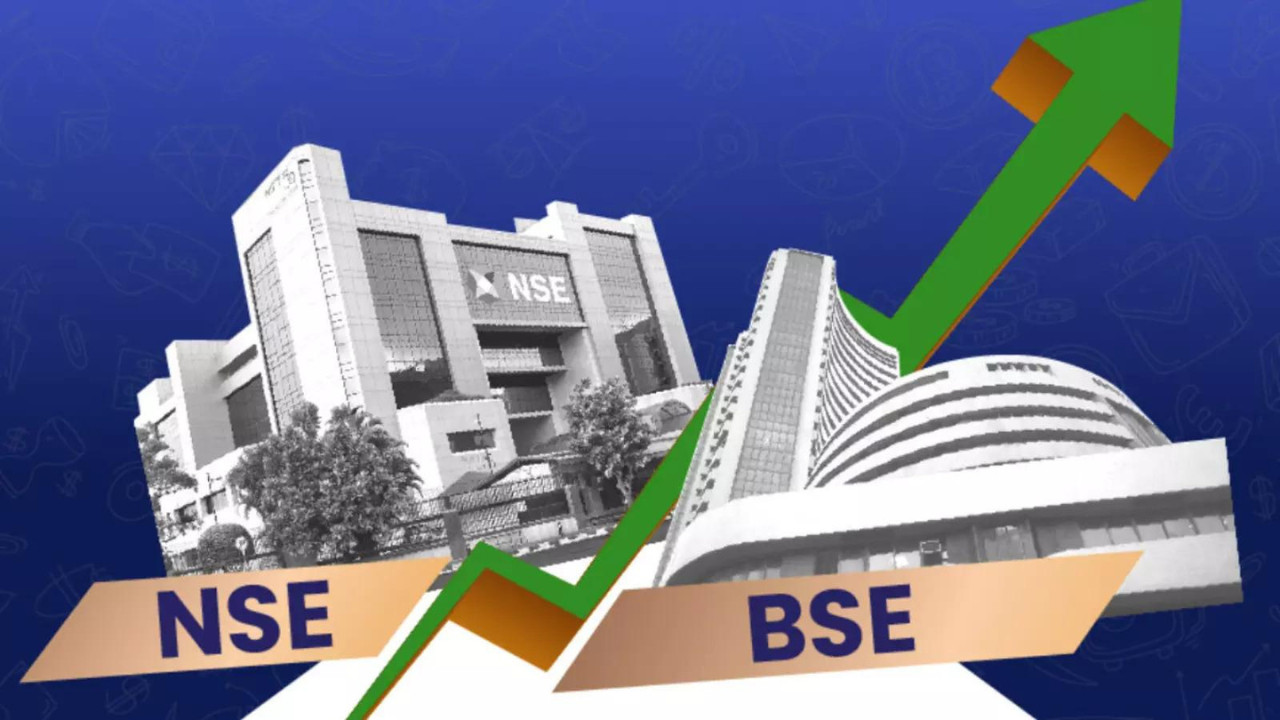The NSE and BSE are set to swap their weekly derivatives expiry days starting September 1, 2025, following Sebi’s approval. NSE will shift to Tuesday expiries, while BSE will move to Thursday. This change aligns with Sebi’s directive to standardize equity derivatives expiries, avoiding congestion at the week’s start or end.
Shake-Up on the Street: NSE & BSE Tango with Derivatives Expiry Dates
Okay, picture this: you’re trying to navigate a crowded dance floor, everyone’s moving, and then BAM! The music changes, the rhythm shifts, and suddenly you need to find a new partner. That’s kind of what’s happening right now in the world of Indian stock market derivatives.
The Securities and Exchange Board of India (SEBI), the watchful eye of the Indian market, has just given the green light for a major reshuffling of the derivatives expiry dates. Think of it as a strategic dance lesson aimed at improving overall market flow. From September 1st onwards, the National Stock Exchange (NSE) is waltzing its way to Tuesday expiries, while the Bombay Stock Exchange (BSE) is taking the lead on Thursdays.
So, what’s the big deal? Why the sudden date swap? Well, for ages, both NSE and BSE, two of the major stock exchanges in India, had Thursday as their expiry date for key derivative contracts, particularly the Sensex and Nifty. This created a situation where traders were essentially tripping over each other, leading to potential congestion and volatility around the expiry sessions.
Imagine the sheer volume of trades piling up on a single day! It’s a recipe for potential chaos. The SEBI, always keen to ensure smoother sailing for investors, decided it was time to orchestrate a change. The goal? To distribute trading volume more evenly throughout the week, thereby reducing the chances of wild price swings and creating a more stable, predictable market environment.
This isn’t just about making things easier for the big players, though. Ultimately, a less congested market benefits everyone from seasoned institutional investors to everyday retail participants. It provides a level playing field where decisions can be made based on rational analysis, not frantic scrambling.
Now, let’s break down what this change actually means. The NSE, home to the Nifty 50, the benchmark index for Indian equities, will see its derivatives contracts expire on Tuesdays. This effectively moves a huge chunk of trading volume away from the traditional Thursday frenzy. On the other hand, the BSE, with its Sensex index, will now host its derivatives expiry on Thursdays. This split means that traders who focus on different indices will have dedicated days to manage their positions, potentially leading to more focused and informed trading decisions.
Think of it as two different orchestras performing on separate nights. Each orchestra gets its own spotlight, allowing the audience (in this case, the traders) to appreciate the performance without the distractions of a competing show.
Of course, such a significant change isn’t without its adjustments. There’s bound to be some initial disruption as traders adapt to the new schedule. People who have built strategies around the old Thursday expiry will need to rethink their approach. Chart patterns, trading algorithms, and even the psychological aspect of market participation – all will need to recalibrate.
But, and this is a big but, the long-term benefits likely outweigh the short-term pain. A less congested market means better price discovery, reduced manipulation, and a more robust financial system overall. It’s a testament to SEBI’s proactive approach in nurturing a healthy and efficient marketplace.
One could argue that SEBI is playing the long game here. They’re not just reacting to a problem; they’re proactively shaping the market to be more resilient and less susceptible to the kind of wild swings that can scare away investors. In a world increasingly reliant on algorithmic trading and lightning-fast data, a stable and predictable market becomes even more crucial.
The impact of this shift will be closely watched by market participants worldwide. India’s stock market is rapidly growing, attracting increasing international attention. This change could serve as a model for other emerging markets looking to enhance the stability and efficiency of their derivatives markets.
So, what’s the takeaway? Well, change is rarely easy, especially when it involves something as dynamic and fast-paced as the stock market. However, in this case, the shift in derivatives expiry dates is a strategic move designed to create a more balanced and robust trading environment. While there may be some initial turbulence as traders adjust their strategies, the long-term benefits of a less congested, more predictable market are undeniable. It’s a dance floor reshuffle that, in the end, should lead to a smoother, more harmonious performance for everyone involved. Get ready to learn some new steps. The music has changed!







